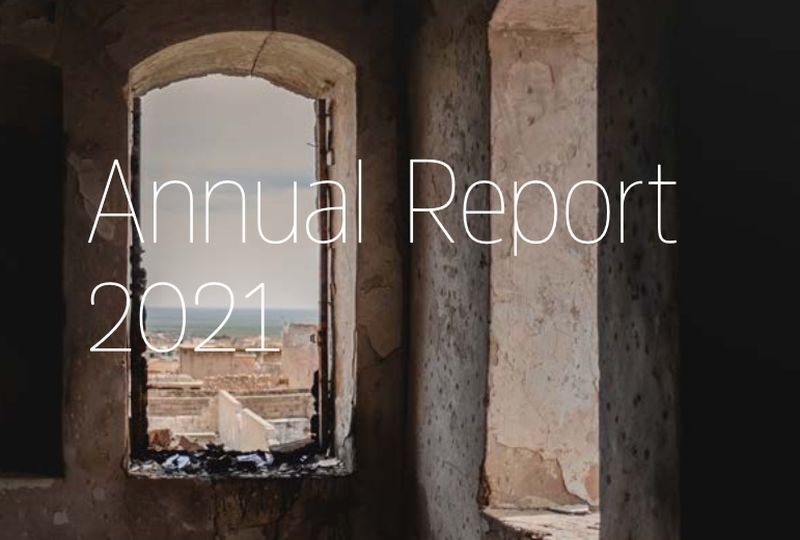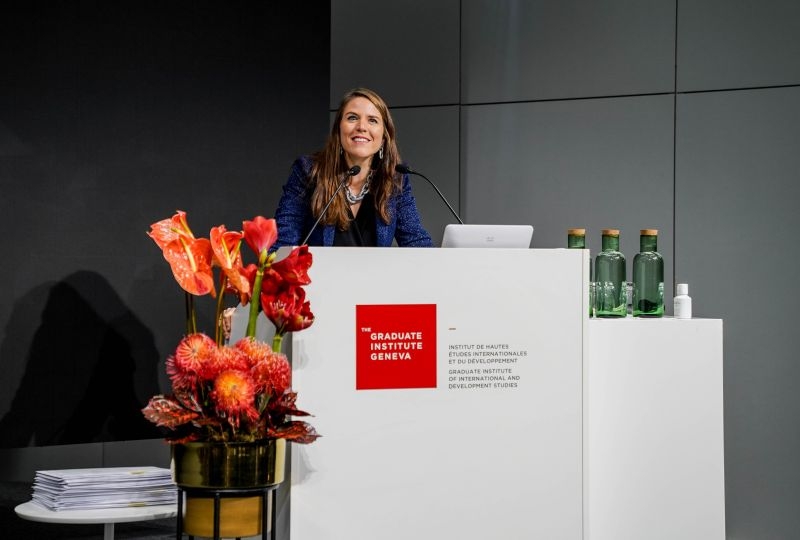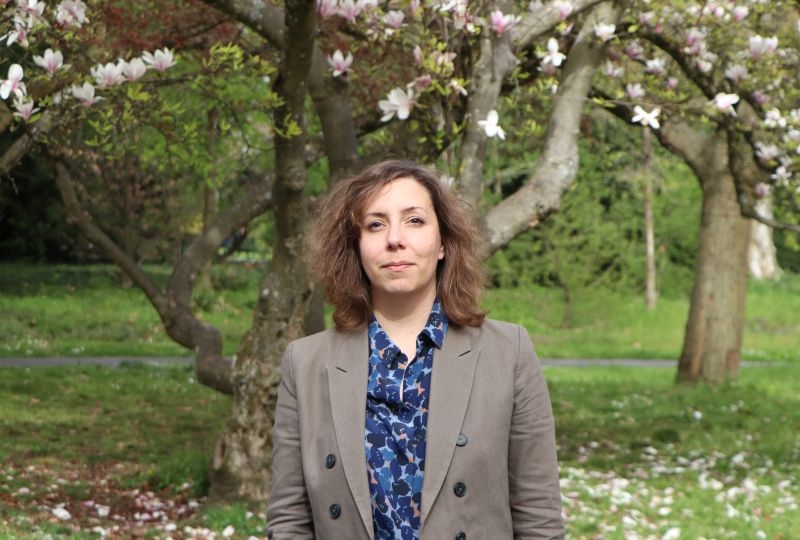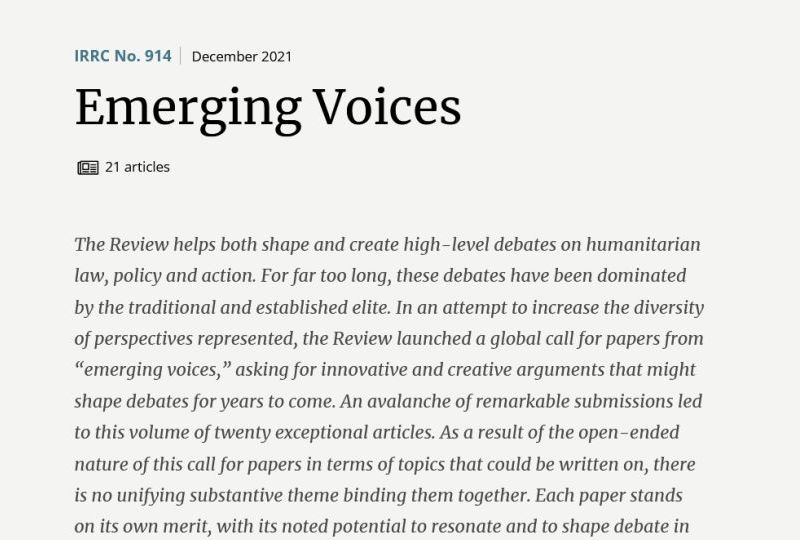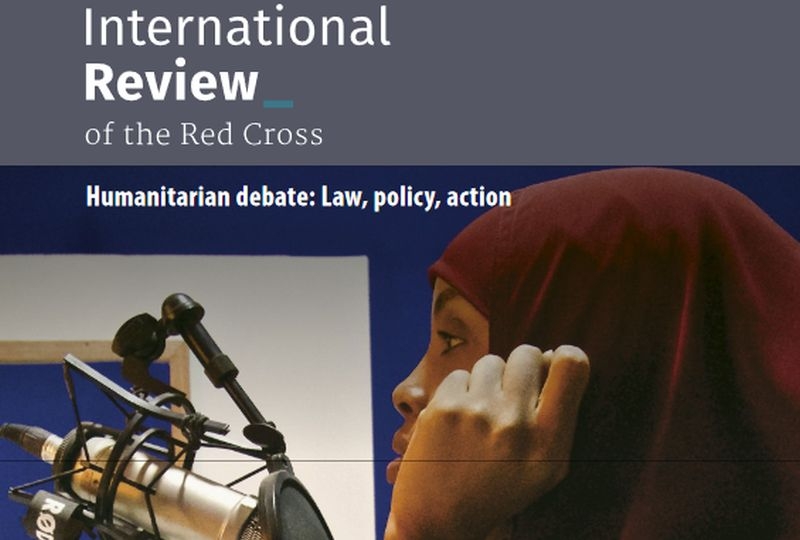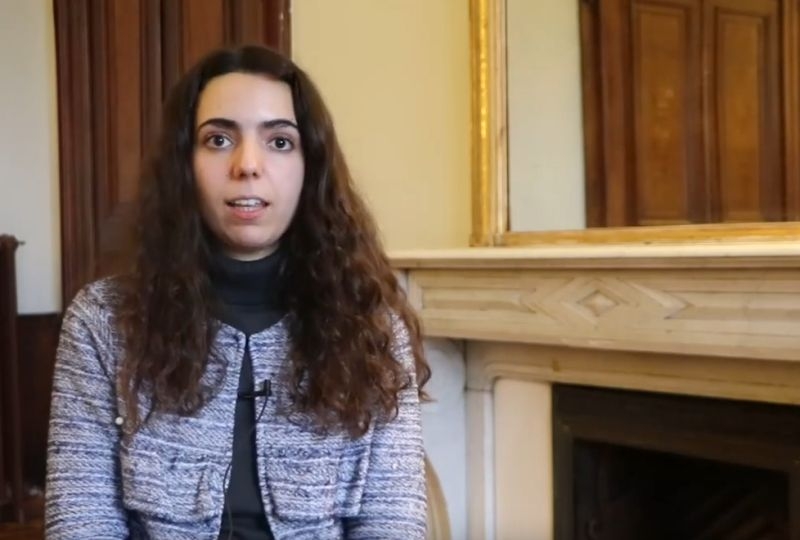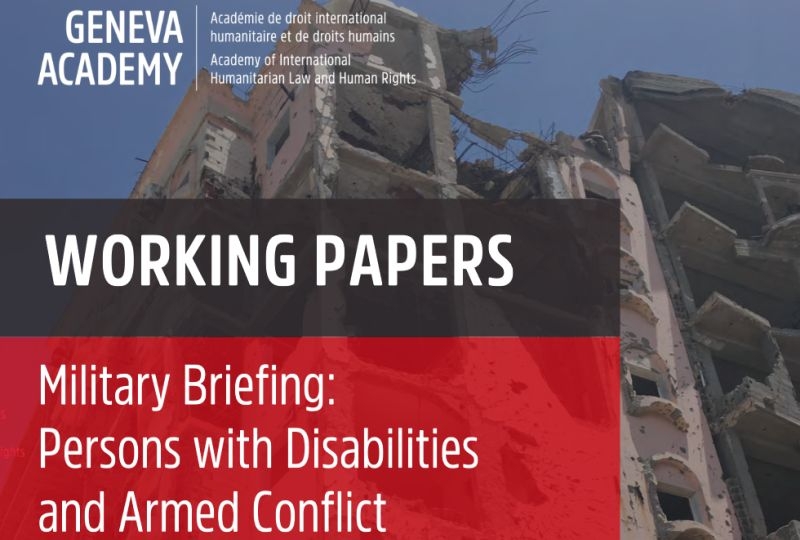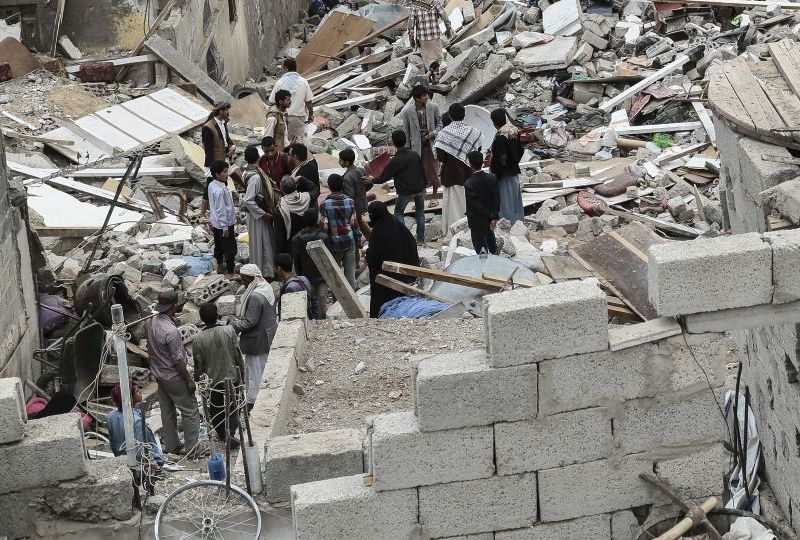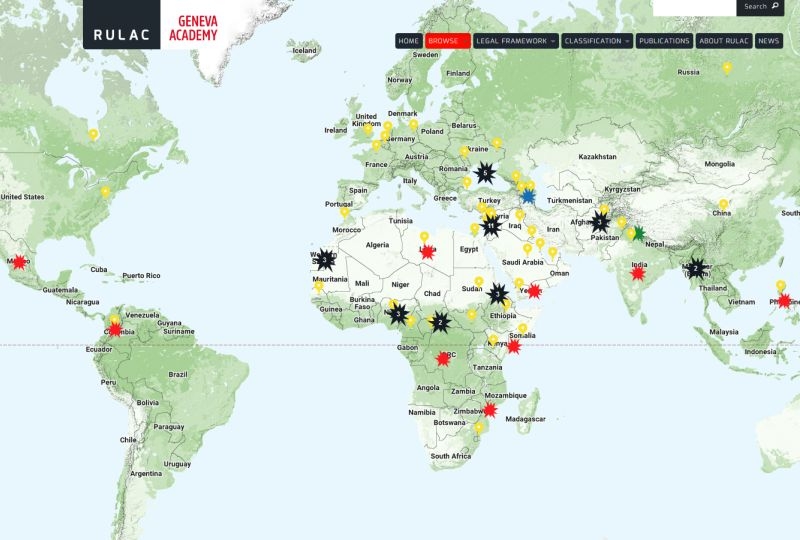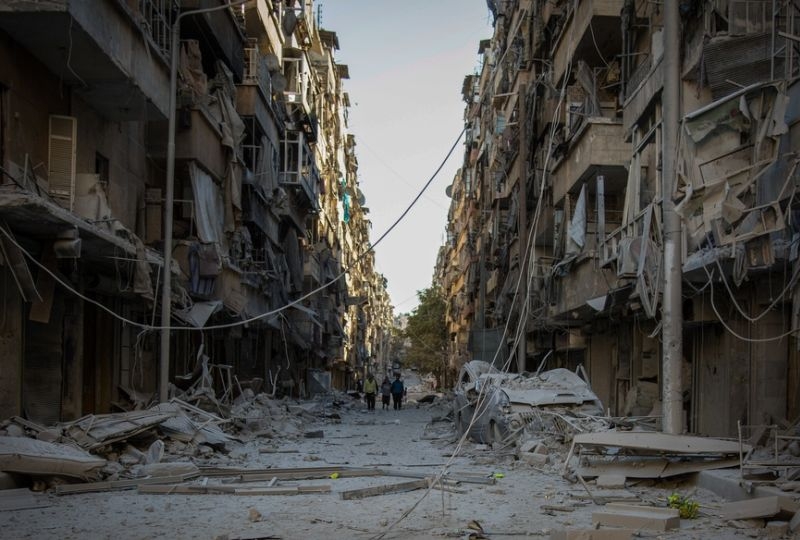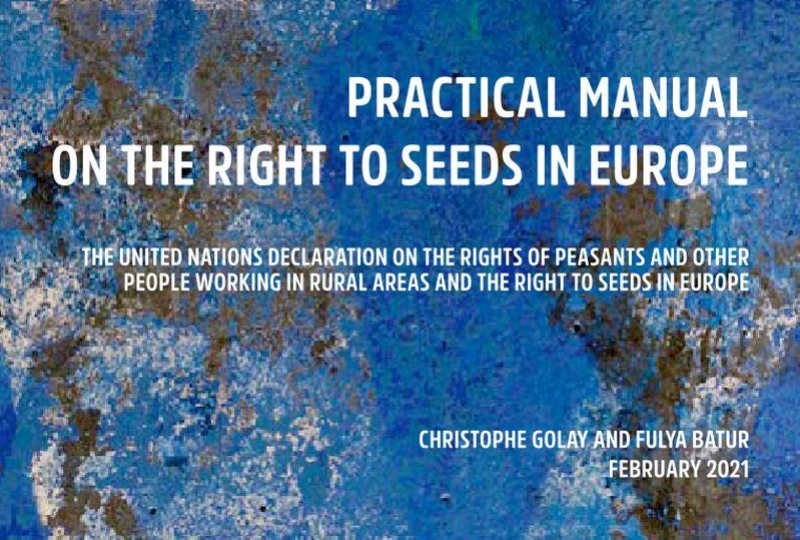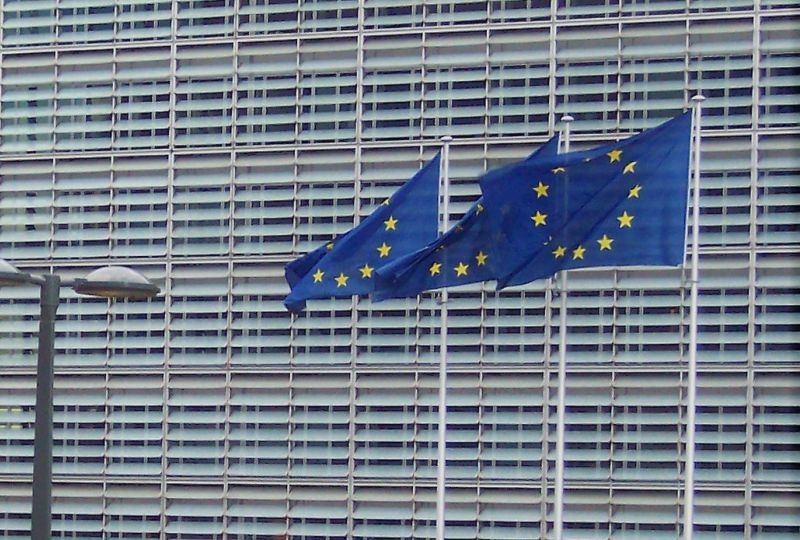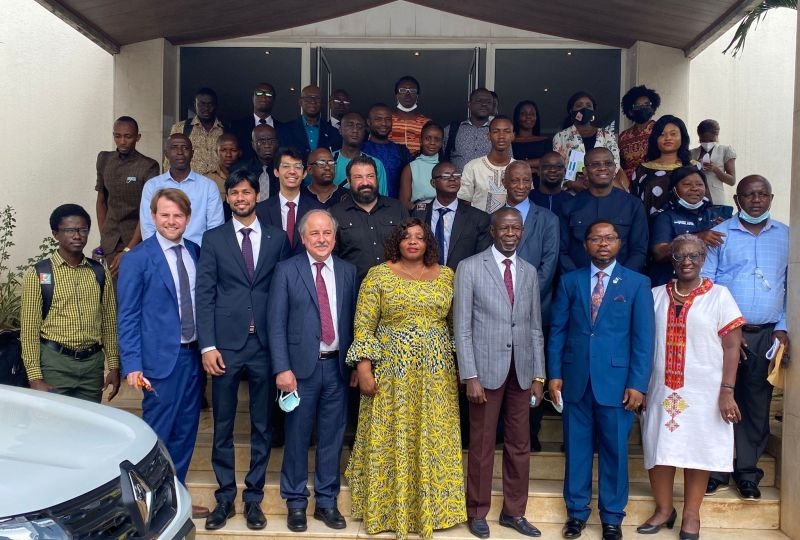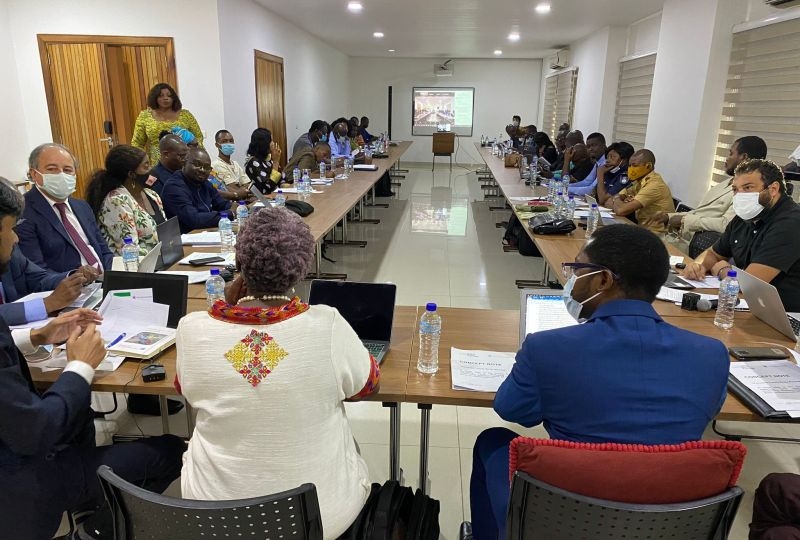30 May 2022
Today’s conflicts in Ukraine, Syria, Afghanistan or Mali are a stark reminder of the relevance of our mission – ensuring that the protection of individuals remains a central preoccupation of the international community at all times and is guaranteed by strong and relevant legal frameworks.
This is precisely what we pursued in 2021 and carry on today through our teaching and research on international humanitarian law, international human rights law, international criminal law and transitional justice.
Our 2021 Annual Report provides an overview of our activities, highlights, outputs and impact for the past year.
‘When looking back at 2021 and at what we have achieved, I am filled with a sincere sense of gratitude. I would like to wholeheartedly thank the Geneva Academy staff, our parent institutions, our Board, our Master’s Committee, our faculty, our numerous partners, including the International Committee of the Red Cross, the Office of the UN High Commissioner for Human Rights, numerous NGOs and individual experts and our donors. Their work, professionalism, energy, enthusiasm, trust, generosity, dedication and support have been fundamental. It is only with you that the Geneva Academy can make a difference’ says Professor Gloria Gaggioli, Director of the Geneva Academy


